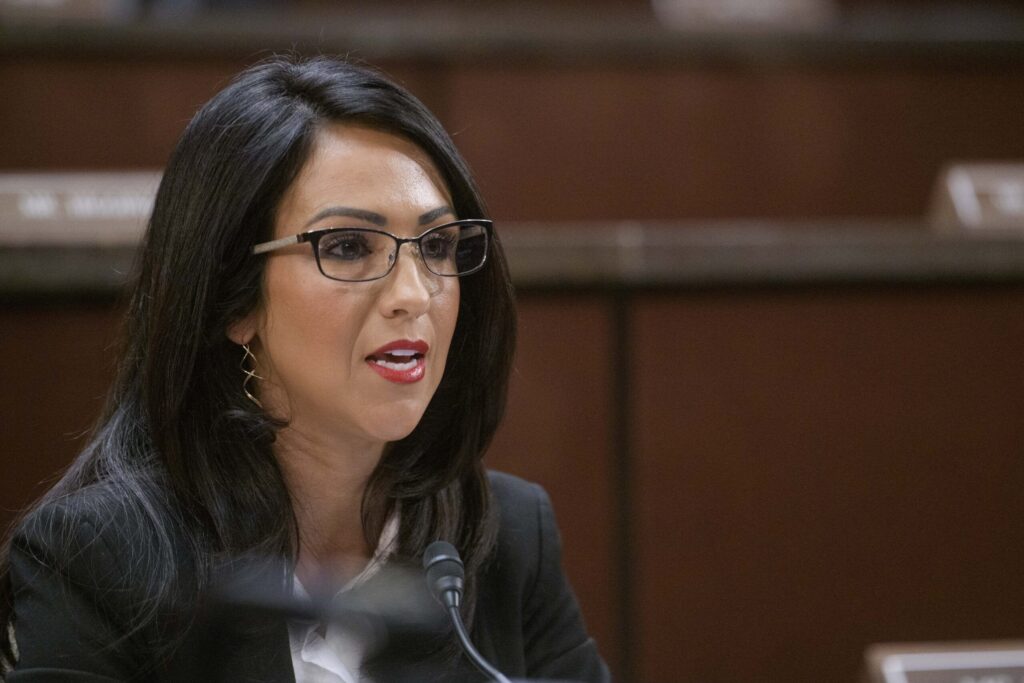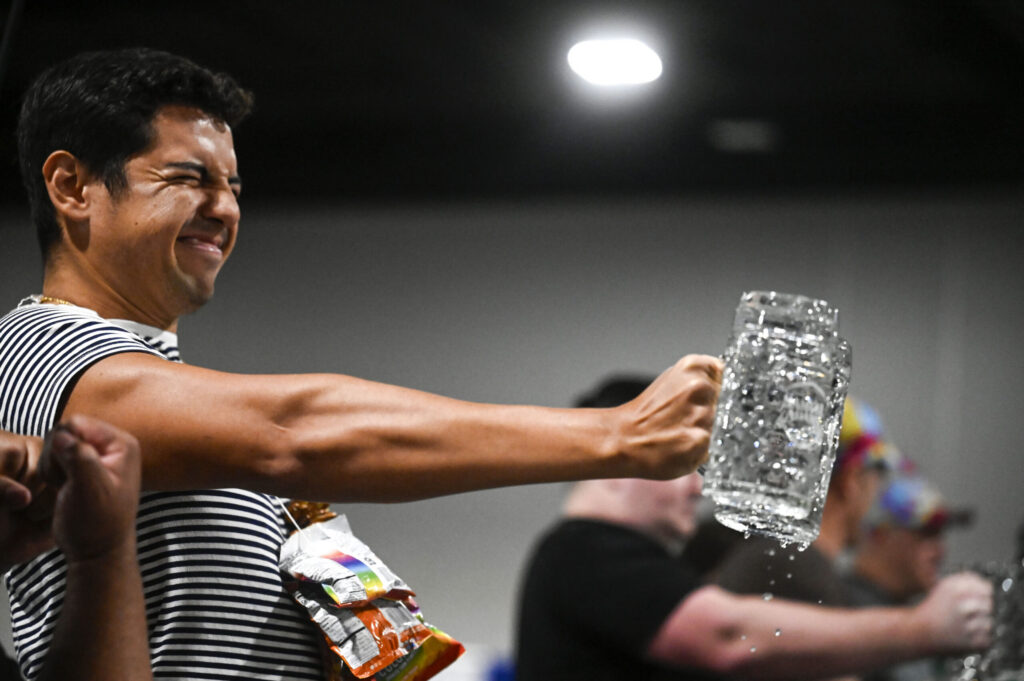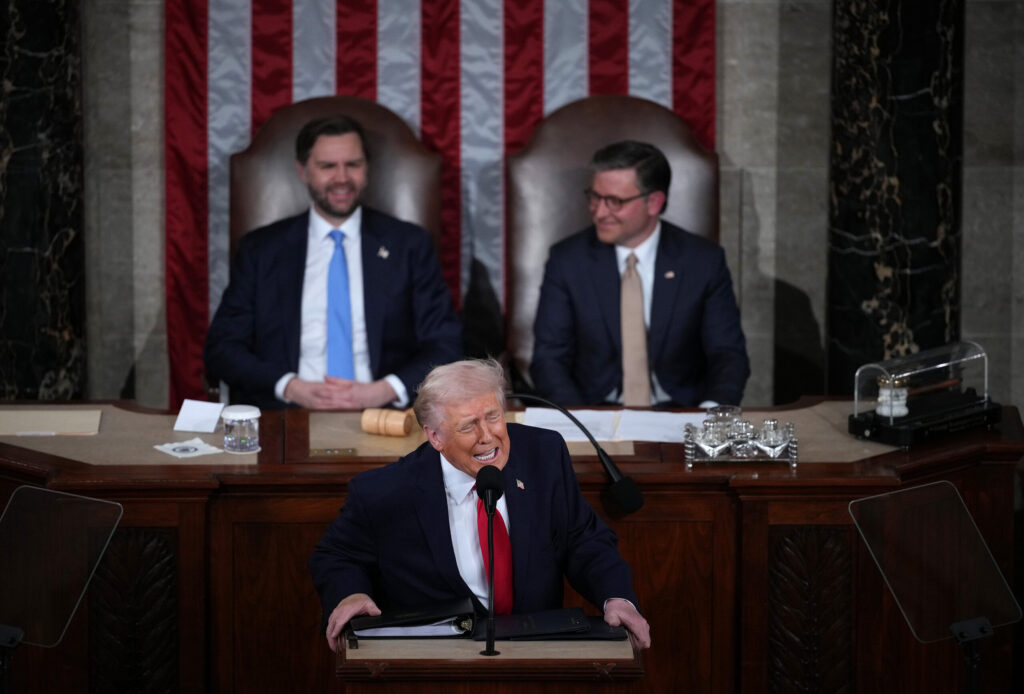Bill to change how Colorado elects presidents is a vote away from governor’s desk

A change that would award Colorado’s nine Electoral College votes to the presidential candidate that wins the popular vote nationally – rather than within the state – is just a formality away from the governor’s likely signature.
“The yeses have it by popular vote,” said Rep. Daneya Esgar, D-Pueblo, with a swing of the gavel after representatives approved the proposal on a second reading on the House floor Wednesday evening.
All that remains is a third and final House vote before the controversial bill is sent to Gov. Jared Polis, who has previously expressed his support. The Senate approved the bill, first proposed by Sen. Mike Foote, D-Lafayette, last month.
If the bill doesn’t pass in Colorado, and enough other states to change how presidential candidates are elected, “we’ll continue to have second-place candidates becoming presidents, which will continue to undermine the faith of the American electorate that their votes matter,” said Rep. Emily Sirota, D-Denver, co-sponsor in the House with Rep. Jeni Arndt, D-Fort Collins.
Supporters say the change from electing presidents by electoral votes to the popular vote would empower voters nationwide by making each vote equal and encouraging candidates to campaign nationally instead of a handful of battleground states.
Opponents charge the movement is a direct attack on President Donald Trump, who was elected in 2016 with 304 electoral votes – 34 more than the required 270 – but lost the popular vote nationally by more than 3 million votes. They contend it also would give the country’s largest metropolitan centers, which largely lean Democratic, a deciding voice in elections.
Four other presidents, three of them Republicans, have been elected despite losing the popular vote, including George W. Bush in 2000.
Wednesday’s debate on the House floor was split between morning and afternoon sessions both filled with familiar arguments for and against.
Rep. Terri Carver, R-Colorado Springs, said she received hundreds of messages from constituents opposing the bill.
Many of those emails questioned why Colorado’s legislators would cede the state’s electoral votes to whichever candidate wins the national popular vote.
“You are taking away the voice we have in Colorado. I don’t care if it’s Democratic, Republican, Green Party… I don’t care,” Carver said.
Carver and others suggested that Colorado split its electoral votes according to whichever candidate wins each congressional district.
Other Republicans claimed the bill was unconstitutional.
“Before a state can enter into an interstate compact, they have to get the consent of Congress,” said Rep. Dave Williams, R-Colorado Springs.
But Arndt and Sirota argued that the Constitution permits each state to allocate its electoral votes however its legislature deems appropriate.
If enacted in Colorado, the National Popular Vote Interstate Compact wouldn’t change elections until adopted by states totaling 270 electoral votes. Eleven other states and the District of Columbia have adopted the compact, totaling 172 electoral votes. Colorado is one of seven states expected to adopt the legislation this year, proponents have said.
The bill could return to the House floor Friday at the earliest for a third and final vote.













